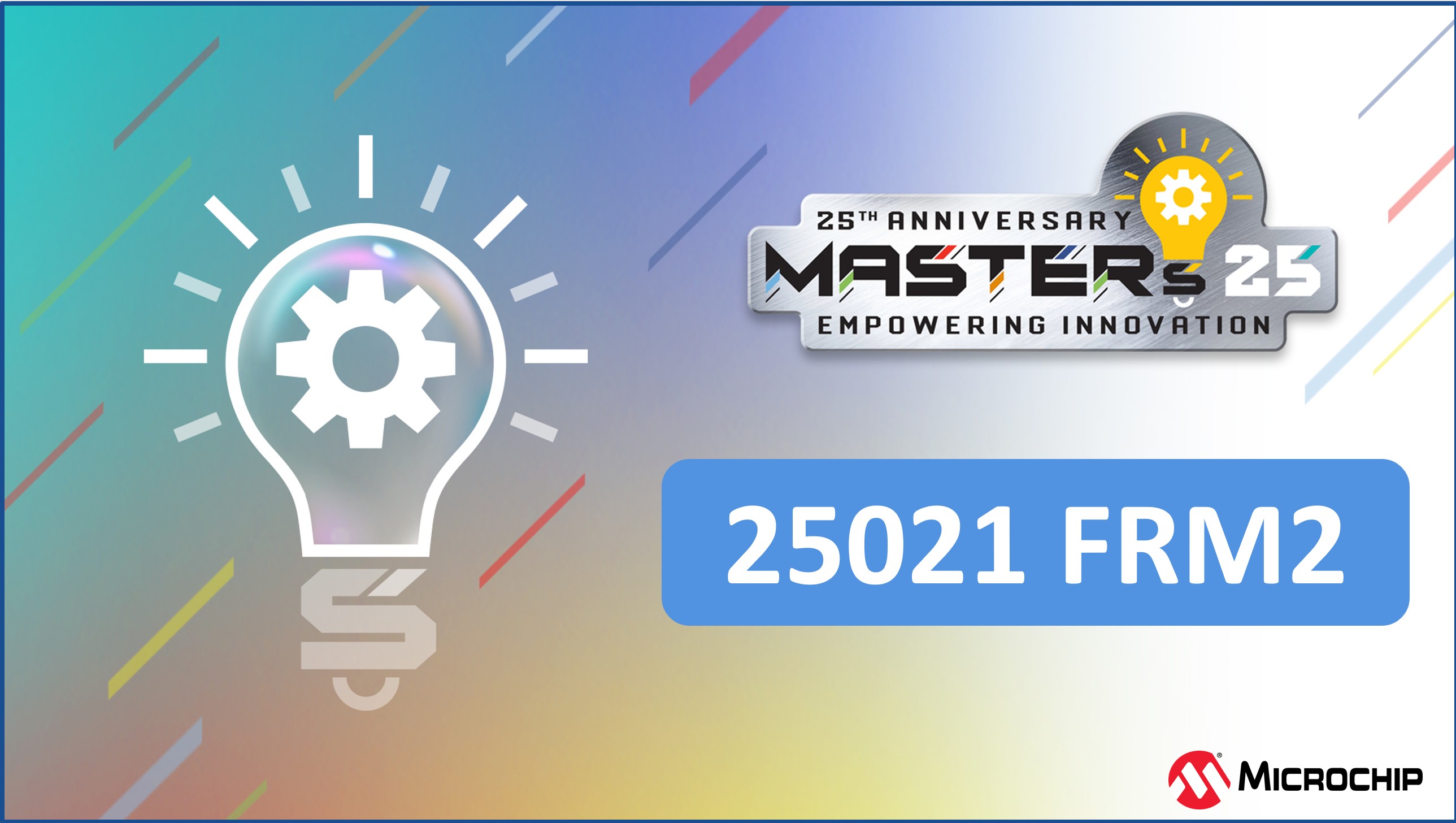-
About this course
- Class Overview
-
Syllabus & Downloads
-
Introduction 2 min
-
Discussion of Object-Oriented Features 9 min
-
Structure Review 7 min
-
Union Review 3 min
-
Pointer Review 7 min
-
Union and Structure Pointers 4 min
-
Arrays of Unions and Structures 6 min
-
Function Pointers and Arrays of Function Pointers 11 min
-
Object Oriented C Fundamentals 4 min
-
Object Oriented Components 6 min
-
Class Inheritance Lab 3 14 min
-
Abstraction 1 min
-
Function Pointers Versus Opaque Pointers 4 min
-
Object Constructor 5 min
-
Virtual Function and Pointer Table 11 min
-
Inherited Methods With Virtual Pointer Table Lab 4 16 min
-
Void Pointers 11 min
-
OOP With Void Pointers Lab 5 12 min
- Complete Recording
-
25021 FRM2 (135min) 123 min
- Feedback and Discussion
-
Get in contact with the presentation team
-
We need your feedback

25021 FRM2: Advanced Embedded C Programming Using Object Oriented Constructs (August 2025)
Take your C programming skills to new heights! This class will show you how to implement object-oriented programming (OOP) concepts using embedded C.
Take your C programming skills to new heights! This class will show you how to implement object-oriented programming (OOP) concepts using embedded C. You will see how encapsulation, inheritance, and polymorphism can take your embedded code to new levels. Object-oriented constructs that you see in languages like C++ and Python are created in C to allow you to use both procedural and OOP code implementations. Many object-oriented concepts will be discussed, including virtual pointer tables, data abstraction, void pointers, opaque pointers, and class and object constructors. Since object-oriented C programming uses advanced pointers, this class will also review advanced pointer implementations. Instructor-led hands-on labs will demonstrate these OOP concepts.
Should have a solid background in C programming and be proficient with using pointers to all C constructs. A review of advanced pointer concepts is part of this class for those that may need to brush up on pointer implementations.
